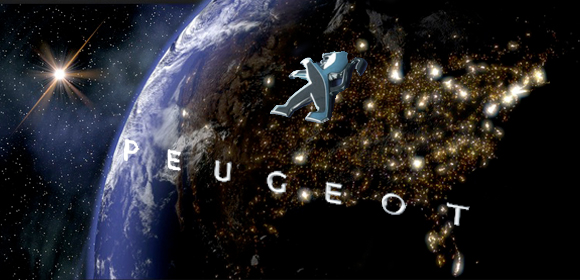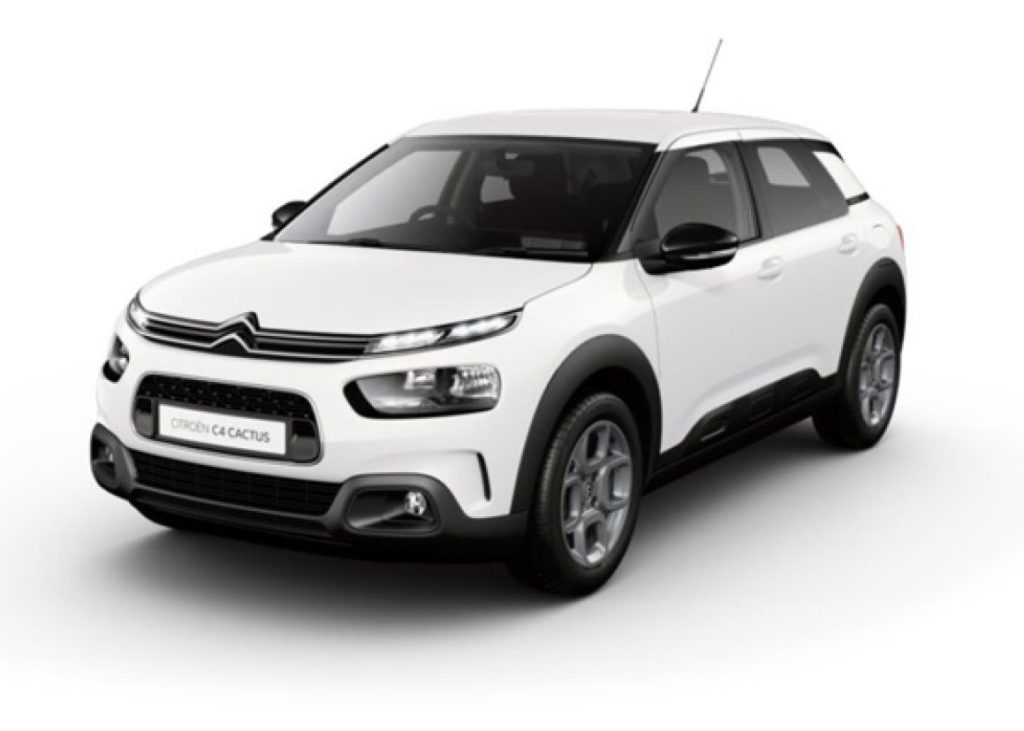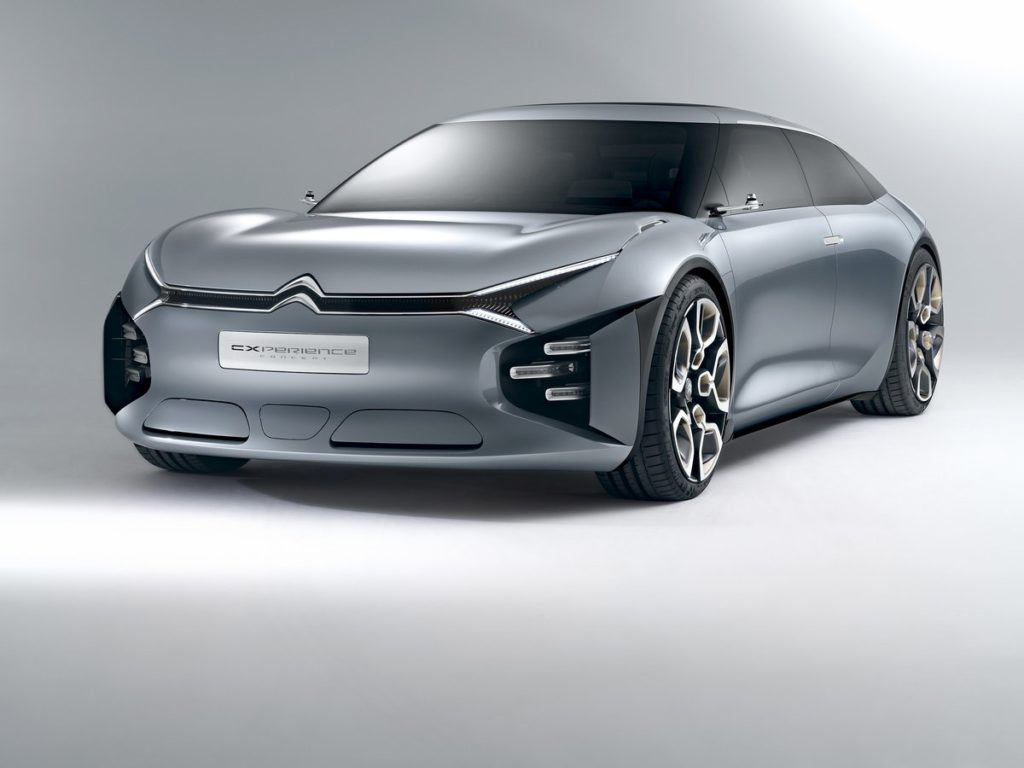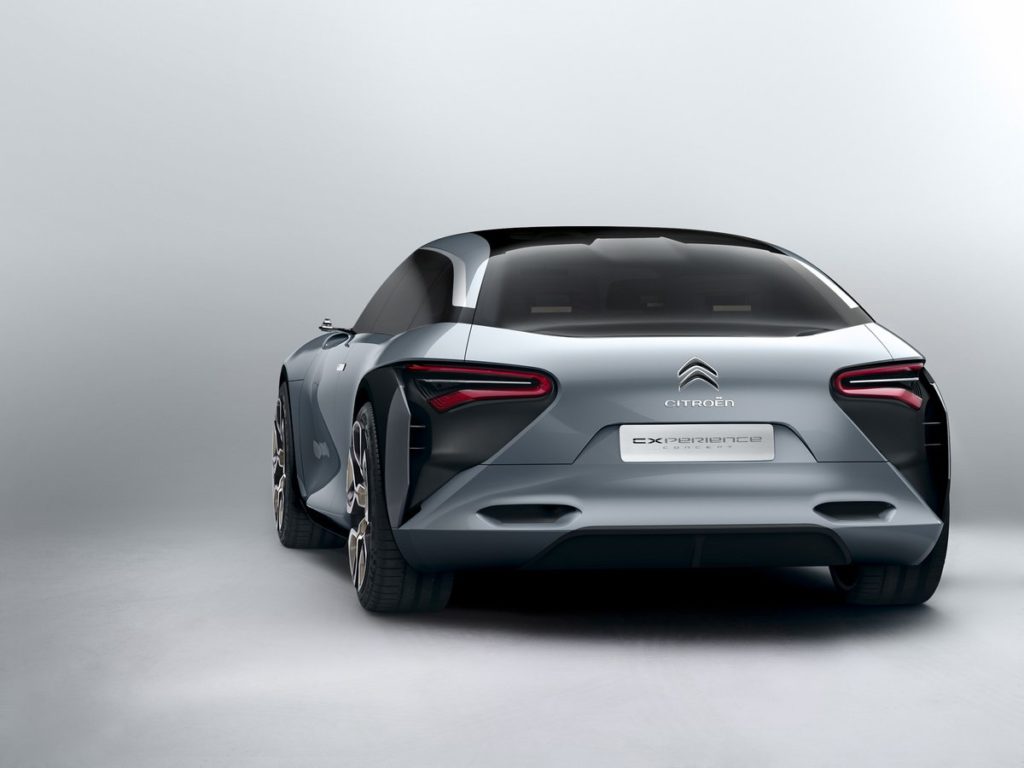Peugeot Selected To Be PSA’s Return To North America

PSA’s CEO Carlos Tavares confirmed on Feb 26 that the company will reintroduce Peugeot vehicles as part of a 10-year plan to sell cars again in North America.
Larry Dominique, PSA’s North America chief, stated that Peugeot is the “best fit” for the North American market, based on consumer awareness of the brand and emerging demographics. “
Peugeot exited the U.S. market in 1991, driven out by a recession, slumping sales and the rising costs of U.S. regulations. The company had sold just 4,292 cars in 1990, nearly 80 percent below 1984 levels.
“Even though Peugeot left in 1991, the awareness of the brand and the opinion of the brand are still strong,” Dominique said. “So, we have a strong starting point with which to start the discussion with consumers.”

Dominique declined to elaborate on the North American product road map, distribution and retail models, or even when Peugeots might be available. However, Tavares did say that rather than rebuilding a traditional dealer network from scratch, the group has identified a “creative and disruptive way to distribute our cars.”
This Peugeot push in North America is hardly surprising to us. As we have pointed out before, since Peugeot has taken priority position in PSA, from the boardroom down to moves like closing C42 on the Avenue des Champs-Élysées and relocating the Le Conservatoire’s Citroën vehicles to The Musée de l’Aventure Peugeot (Museum of the Peugeot Adventure), Citroën has been disregarded as the leading brand within the PSA conglomerate.
In the past few years, new Citroëns that sported quirky innovation (like C4 Cactus) but were relegated to be the budget brand of PSA, and all new models have had a “Peugeot equivalent” on the market. The C4 Cactus even got a homogenized restyle.


PSA has used Citroën to tout innovation but, other than C4 Cactus, we have not seen their wild concepts come to fruition as production models. With their latest Ami One Concept being a 4-wheeled urban vehicle that ties in more with the urban scooter ride-share movement, Citroën innovation is being showcased to give credibility to PSA’s FreeToMove program. Citroën CEO, Linda Jackson, has said that the


So really, what is the value of the Citroën name going forward?
Looking at the economics of keeping Opel, Vauxhall, Peugeot and Citroën as automobile brands of PSA, and let’s not forget DS, where Citroën innovation and luxury was rebranded on the laurels of Citroën’s past achievements with the original DS and the SM, it’s not hard to imagine that Citroën as an automobile manufacturer will no longer exist in the not too distant future. We said back in February 2014, when Peugeot inked a €3bn deal with Dongfeng and France, that Citroën will inevitably be a casualty. The automotive industry has been and will continue to undergo consolidation and downsizing, as a result of globalization and market demand.
The 100th-anniversary celebrations of Citroën this year may well be the last hurrah for the double chevrons. As they have been rounded out and blended into PSA (with no alteration of the Peugeot lion logo by the way), so will the Citroën name be relegated to the design and engineering labs of
It has been a battle from the day that Peugeot took control over Citroën back in 1974 as to which one would survive. Frankly, we are amazed Citroën has survived the in the grip of the lion for as long as it has. Along the way, spurts of unabashed Citroën brilliance have appeared, (the BX, Xantia, and C6), but the means of unencumbered model development that existed in Citroën since its inception in 1919 was gone by the mid-1970s.
The fact that PSA has announced their return to North America touting Peugeot as the brand they will offer here, states volumes as to what their market intention is world-wide for brand recognition.
So, farewell Citroën – it’s been a great ride. And for those of us fortunate to own one (or more), we can enjoy the true brand’s astounding automotive achievements of the 20th century well into the 21st, as long as we can still

The decision to use the Peugeot brand to relaunch in North America explains why PSA has not got behind the efforts in the USA and Canada to mark and celebrate Citroen’s 100 year anniversary. I can tell you that the decision to use the Peugeot brand in N.A. has brought a sigh of relieve to Mercedes, BMW, and Lexus. Choosing Citroen would have given PSA a fighting chance at getting successful, existing auto retailers to provide an exclusive showroom and salesforce for the brand, a requisite for success in my mind, but with the Peugeot choice, those attributes will be non existent and lead to early failure of the brand in N.A. Too bad. Dave Cherrick
For those of us who were employed by Citroen in the mid-seventies when Peugeot took control of marque, we saw the writing on the wall and knew full well that this was the beginning of the end for the Double Chevron.
Just as Peugeot abruptly closed the North American market when in October of 1977, René France was advised to close Citroen’s North American operation by the end of that year, the announcement that Peugeot was the chosen brand to relaunch the North American market comes as no surprise. Even back in 1977, we knew full well who would emerge as the dominant marque and that with time Citroen would become a victim of PSA.
For me personally, it has been a lifetime of memories growing up and working for Citroen during the companies most memorable era, and yes, it has truly been one hell of a ride.
Adieu Citroen.